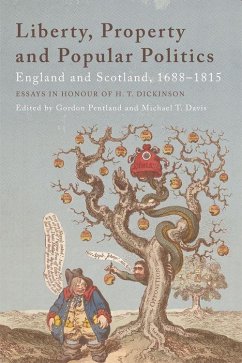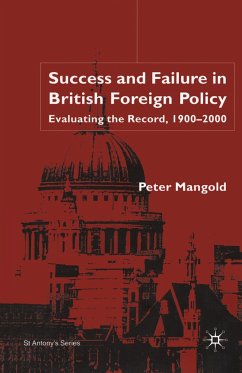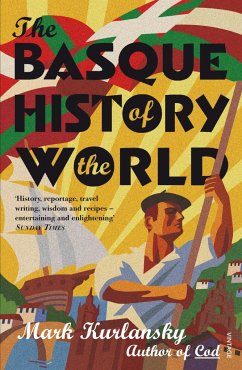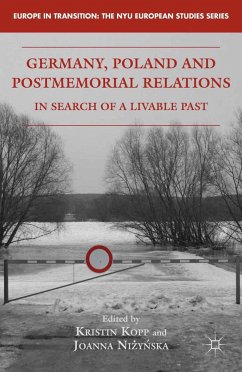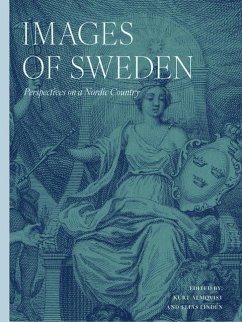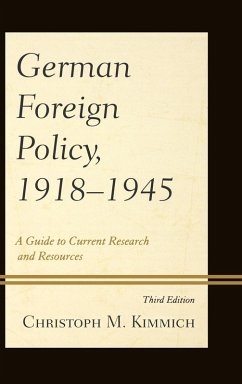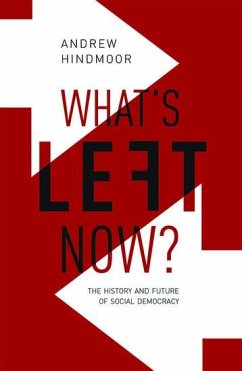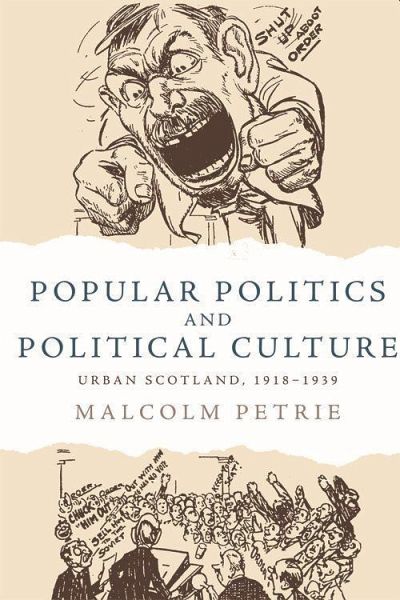
Popular Politics and Political Culture
Urban Scotland, 1918-1939
Versandkostenfrei!
Versandfertig in über 4 Wochen
122,99 €
inkl. MwSt.
Weitere Ausgaben:

PAYBACK Punkte
61 °P sammeln!
A fresh perspective on the history of the radical left in inter-war Scotland This book presents a distinctive reading of inter-war Scottish politics, reinterpreting the consequences of the expanded electorate after 1918 by focusing on changing perceptions of the radical political culture of urban Scotland. It re-evaluates the factors behind the decline of the Scottish radical left in the inter-war years, demonstrating the role of changing conceptions of political representation, and explores the extent to which national party loyalties replaced local class identities. Drawing upon a range of u...
A fresh perspective on the history of the radical left in inter-war Scotland This book presents a distinctive reading of inter-war Scottish politics, reinterpreting the consequences of the expanded electorate after 1918 by focusing on changing perceptions of the radical political culture of urban Scotland. It re-evaluates the factors behind the decline of the Scottish radical left in the inter-war years, demonstrating the role of changing conceptions of political representation, and explores the extent to which national party loyalties replaced local class identities. Drawing upon a range of untapped sources including local newspapers, cartoons and contemporary accounts of demonstrations, the book illuminates the political perspectives of ordinary Scots in an age of mass democracy. Malcolm Petrie is a Lecturer in late modern Scottish history at the University of St Andrews. Cover image: Glasgow Evening Times, 24 October 1924 (c) Glasgow Evening Times Cover design: [EUP logo] edinburghuniversitypress.com ISBN 978-1-4744-2561-2 Barcode




